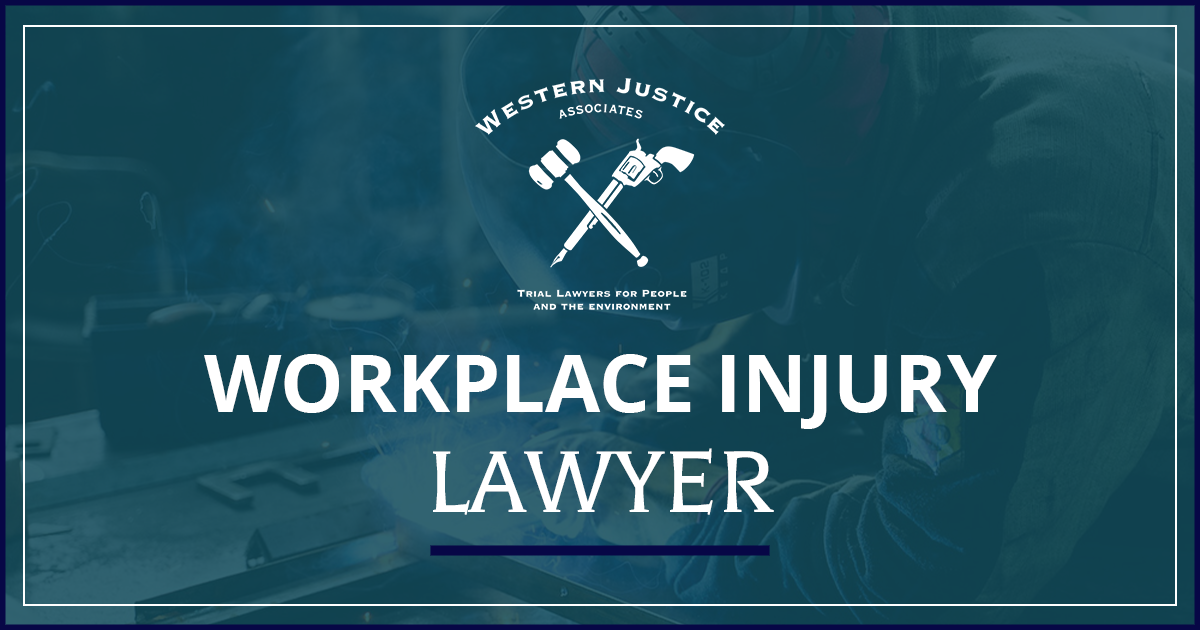Bozeman Workplace Injury Lawyer
Montana is home to many industries, including manufacturing, agriculture, and forestry. While on the job, employees can be exposed to numerous risks. If they happen to get hurt, there are ways to seek compensation in these cases.
Most of the time, all claims are processed through the employer’s workers’ compensation policy.
But what happens if the claim is denied? Workers may have a few legal avenues to help recover their medical expenses and lost wages.
Contact a Bozeman workplace injury lawyer if you have been affected by an on-the-job injury. We have handled and brought many of these cases to a successful conclusion. Reach out to us to discuss your case.
What Is a Workplace Injury?
Workplace injuries are serious issues. According to the Occupational Safety and Health Administration (OSHA), an illness or injury is work-related if an event or exposure in the work environment either caused or contributed to the resulting condition or significantly aggravated a pre-existing injury or illness.
These on-the-job injuries can significantly impact the worker’s physical and mental health.
The severity of these injuries can vary, spanning from minor cuts or bruises to severe trauma or chronic stress disorders, and often require medical treatment, rehabilitation, and time off work for recovery.
That can lead to income loss and impact the employee’s overall well-being.
Common Types of Workplace Injuries
Workplace injuries can take many forms. But some types that are more common than others, they include:
- Overexertion can stem from strenuous physical activities such as lifting, pulling, or other movements. Repetitive strain injuries, often seen in office environments, also fall into this category.
- Accidents with objects or machinery occur when an object hits an employee, gets caught in machinery, or is crushed by collapsing structures or materials.
- Slips and falls are common. When an employee slips or falls due to wet floors, uneven surfaces, or improper use of ladders.
- Harmful material exposure may result in injuries or illnesses when an employee is exposed to toxic substances, extreme temperatures, loud noises, or infectious diseases.
- Muscle or ligament injuries can happen due to work duties requiring overstretching or straining.
- Electrical shocks and burns are caused when a worker comes into contact with electricity.
- Burns are prevalent in environments where heat, chemicals, electricity, or radiation are used.
- Respiratory issues can develop after inhaling hazardous substances.
Workers’ Composition in Montana
Like most states, Montana requires that employers provide workers’ compensation coverage for their employees. This applies to companies of all sizes, even those with just one employee on their payroll.
Whether a person is employed full-time, part-time, or seasonal does not affect this requirement. Every employee is entitled to this protection.
These benefits apply to those who have suffered a work-related illness or injury. They can cover all costs associated with treating the work-related injury or illness, including:
- Hospital stays
- Medications
- Surgeries
- Physical therapy
- Other required medical procedures or treatments
Some of these workers’ compensation benefits may include:
- Temporary total disability benefits kick in when the injured employee cannot work during recovery. During this period, temporary total disability benefits are available to compensate for the loss of income.
- Temporary partial disability benefits can apply when an employee can return to work only in a limited or reduced capacity. These benefits make up for the difference in income due to the reduced work capacity.
- Permanent partial disability benefits apply when work-related injury or illness results in a permanent impairment. However, those injuries don’t completely prevent the employee from working. Calculations are used to determine the specific benefits based on the extent of the impairment and its impact on the employee’s ability to work.
- Permanent total disability benefits are reserved for the most severe cases. If the employee cannot return to any form of work due to a work-related injury or illness, they could receive long-term financial support.
What Happens If I Get Injured on the Job?
If you have been injured at work, you need to report the accident immediately. During this time, the employer will take note of the incident. Documentation is the first step in the workers’ compensation process. After that, the employer must file all the appropriate paperwork to their insurance provider.
Sometimes, employers may try to dissuade a worker from receiving medical treatment until the claim is approved. That is not true. All employees injured on the job can seek medical treatment, regardless of whether a claim has been filed or approved.
If you do get medical attention, keep records of the appointment, medications, and treatments. These documents can also help in the claims process.
Unfortunately, disputes can happen. An insurance company may deny the claim, or there could be disagreements about whether the injuries were work-related.
You will want to contact a Bozeman workplace injury lawyer during this time. They can help you navigate this complicated and frustrating process of getting your deserved compensation.
Can I Sue My Employer for Injuries?
In Montana, as in most states, the workers’ compensation system is designed to be the primary, and often exclusive, remedy for employees who suffer injuries or illnesses related to their work.
So, if you’re injured on the job, you cannot sue your employer directly for damages.
Instead, you would file a claim through the workers’ compensation system. However, there are some exceptions, such as:
- Intentional Harm: If your employer intentionally caused your injury. For example, if they removed safety equipment or provided inadequate protection, you may have a basis for a lawsuit. However, these instances are very rare, and you would need clear evidence to back up any claims of intentional harm.
- Lack of Workers’ Compensation Insurance: All Montana employers must carry workers’ compensation insurance under the law. If your employer does not have this coverage, you can sue them for injuries and other damages from a workplace accident.
You may not be able to sue your employer, but you could have a legal claim against a third party who contributed to your injury. For example, if you were injured by a defective product at work, you might want to sue the product manufacturer.
On the other hand, if you were injured at a work site owned by another party and they didn’t maintain a safe environment, you might have a claim against that party.
Get Legal Help for Your Workplace Injury Case
Whether you are experiencing stonewalling of your worker’s compensation benefits or need to file a claim against a third party, you want to reach out to a Bozeman workplace injury lawyer.
With their assistance, you can understand your rights and take the next steps to resolving these issues.
At Western Justice Associates, PLLC, we advocate when you have been injured on the job.
We will work tirelessly to ensure you get the compensation you deserve. Schedule a consultation today.









